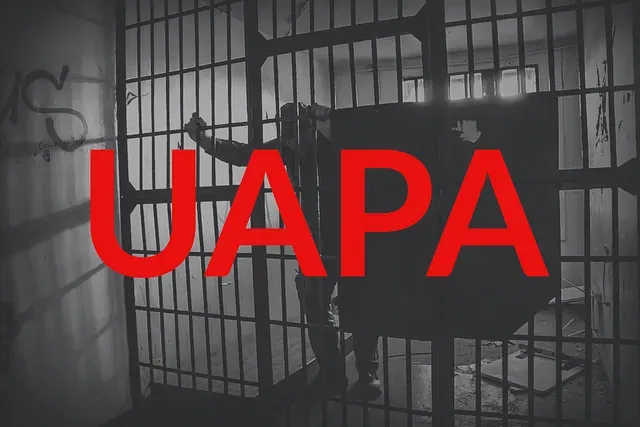On May 16, 2025, the Delhi High Court dismissed the interim bail application of A.S. Ismail, a leader of the now-banned Popular Front of India (PFI), who is currently incarcerated under the Unlawful Activities (Prevention) Act (UAPA). The bench, comprising Justices Subramonium Prasad and Harish Vaidyanathan Shankar, concluded that Ismail's health had significantly improved and that his continued detention did not pose any immediate threat to his well-being.
Ismail had sought interim bail on medical grounds, arguing that his health condition necessitated specialized treatment outside the prison environment. In response, the court had previously directed the formation of a medical board at the All India Institute of Medical Sciences (AIIMS) to assess his health status. The board's report indicated that Ismail's condition had improved considerably; he was no longer wheelchair-bound, exhibited only mild facial asymmetry, and could walk with assistance. Furthermore, his right-side weakness had shown marked improvement.
The court noted that Ismail was receiving appropriate medical care within the jail premises, including regular physiotherapy and monitoring of his blood pressure. To ensure the continuation of his treatment, the bench directed the jail authorities to take Ismail to AIIMS once a month for ongoing evaluation and care.
In its judgment, the court emphasized that the charges against Ismail were serious, involving allegations of radicalizing youth and inciting communal disharmony. The National Investigation Agency (NIA) opposed the bail plea, asserting that substantial evidence existed against Ismail and that his release could potentially disrupt the ongoing investigation. The court concurred with this assessment, stating that the gravity of the charges and the evidence presented necessitated Ismail's continued detention.
The court concluded that, given the improvement in Ismail's medical condition and the adequacy of the treatment he was receiving in custody, there was no compelling reason to grant interim bail. The decision underscores the judiciary's commitment to balancing the rights of the accused with the imperatives of national security and the integrity of ongoing investigations.










0 Comments
Thank you for your response. It will help us to improve in the future.